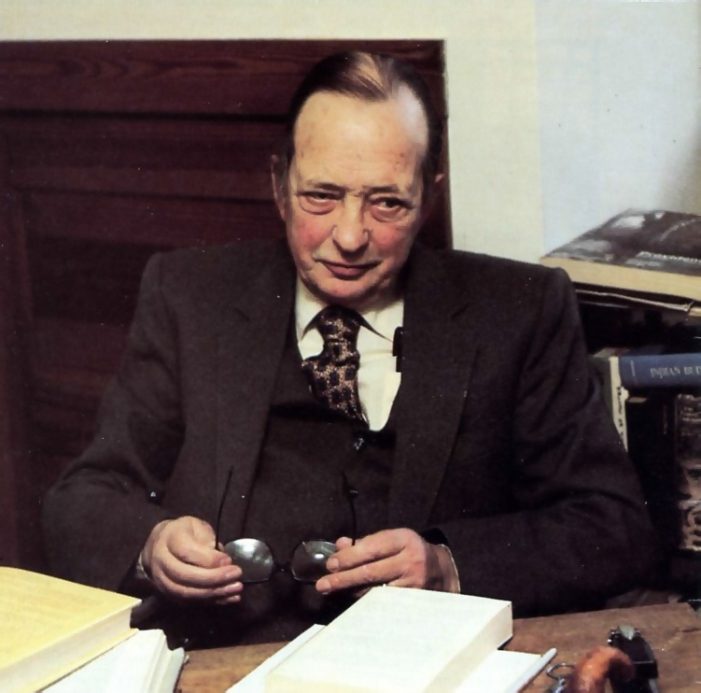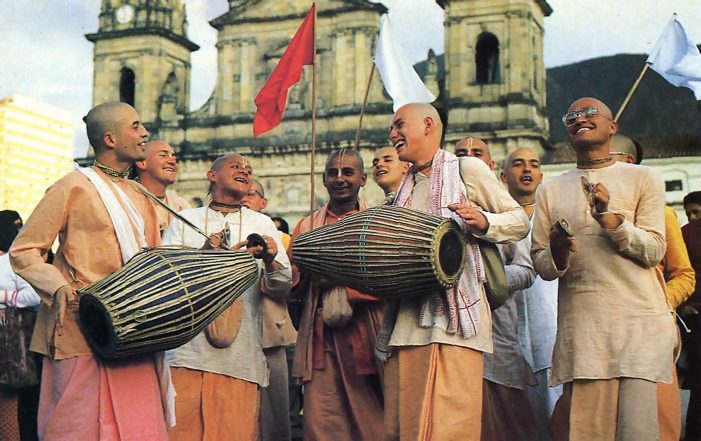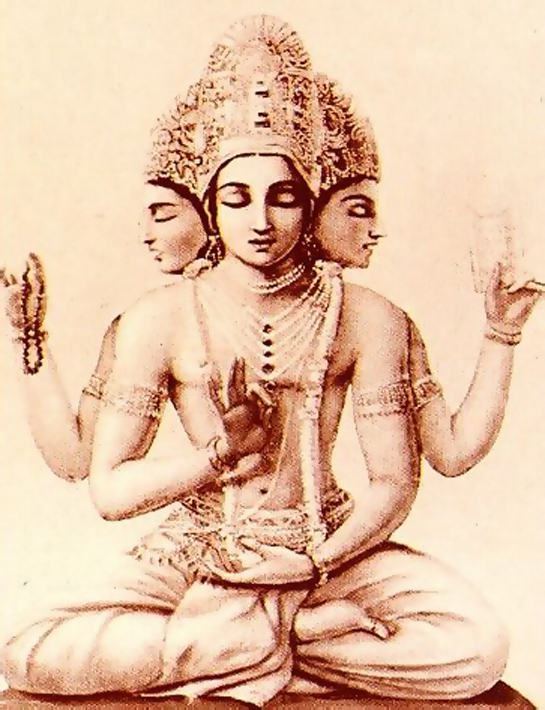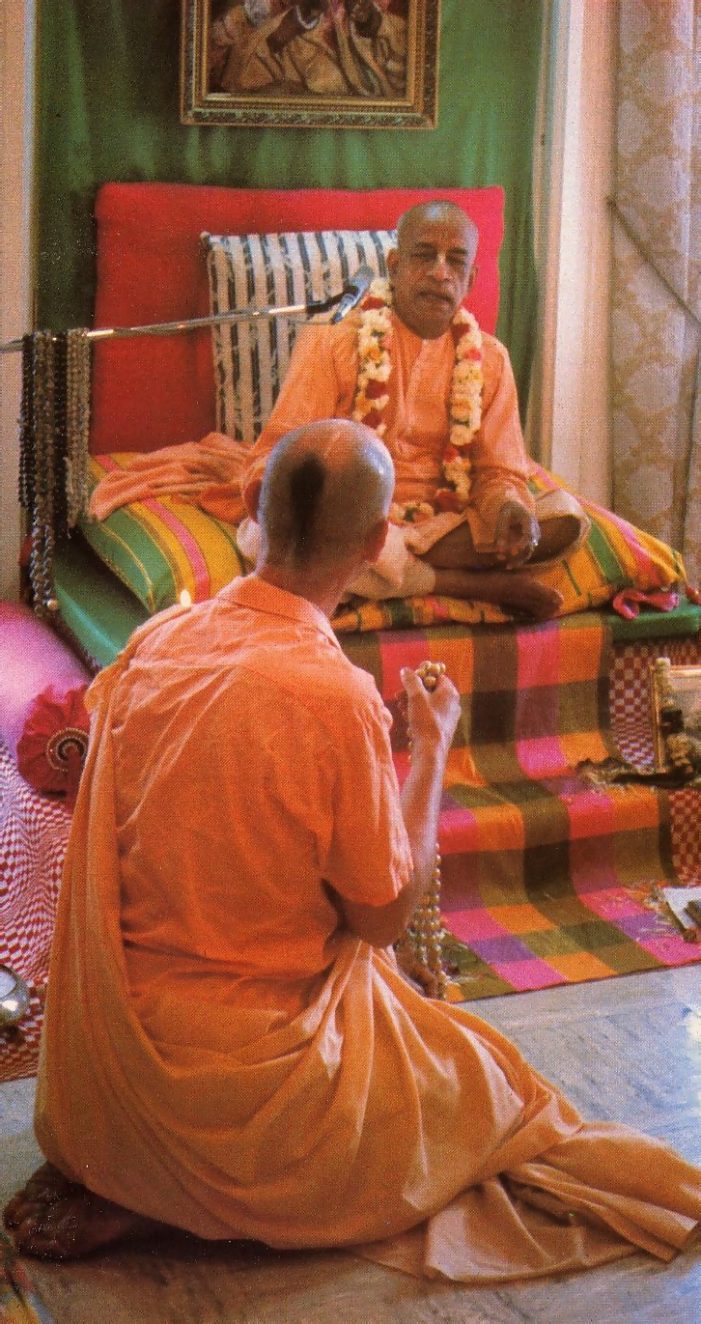Bhakti Flows West
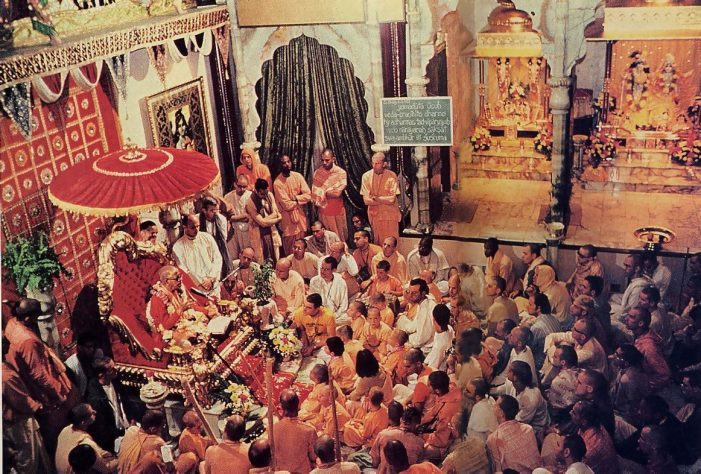
Indian spiritual culture has been spread throughout the world. What the Muslims could do only by the tremendous sword, and the Christians could do only with great financial resources and state power, has been done by one solitary man, without any ill effects.

